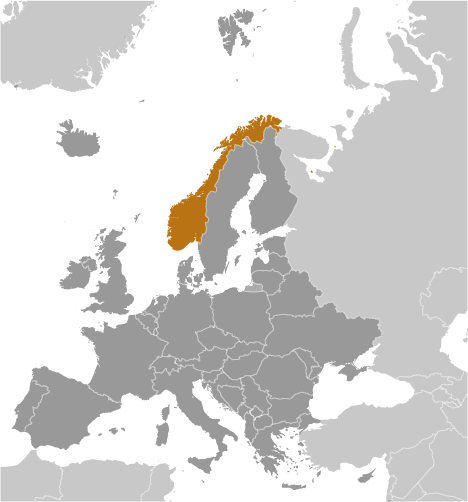

 |
NORWAY |  |
|||||
| IS 540 - Readines for the Networked World | |||||||
| Home | Access | Learning | Society | Economy | Policy | HDI | References |
| NETWORK POLICY - Stage 3 |
|
The aim of the ICT policy is to influence ICT development in order to achieve simplification and efficiency improvement in the public sector,
further innovation and value creation in the business sector and secure a sustainable and inclusive development of society.
The grasp of the ICT policy goes across different society sectors, and the Ministry of Government Administration, Reform and
Church Affairs is responsible for coordinating the policy.
Efficient use of ICT is a decisive factor if we are going to have a continued economical growth and a high employment rate in Norway . The ICT industry is in itself one of the largest industries in Norway. More than one third of all jobs in this country are high tech and one out of five employees is working in the knowledge industry. Through goal-oriented use of ICT, public authorities are delivering a steadily growing number of services to their users. Digital self-service solutions are contributing to improved quality, accessibility and flexibility for the users. ICT is also contributing to reconditioning of the public sector and making it more efficient. Advanced use of ICT in the business and public sector is dependent upon a good infrastructure (broadband) and good ICT knowledge among the citizens. It is important that the technology can be used by everybody, including those who are visually impaired or have hearing disabilities. Today Norway is among the leading countries in Europe as to broadband dissemination and digital knowledge among the population. ICT policy priority areas:
|